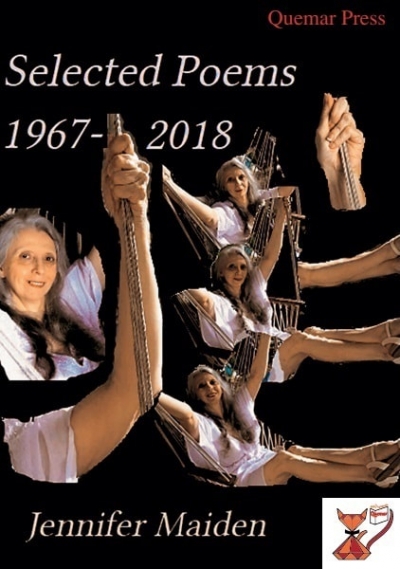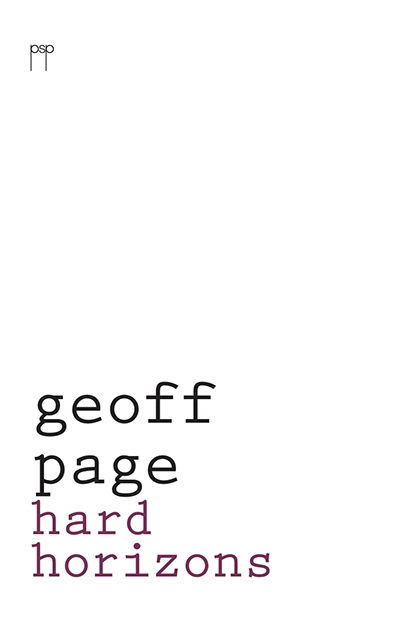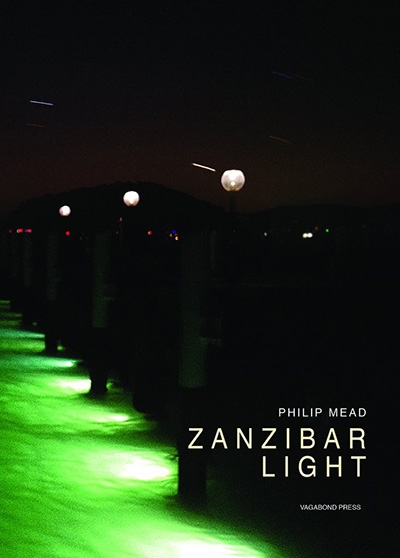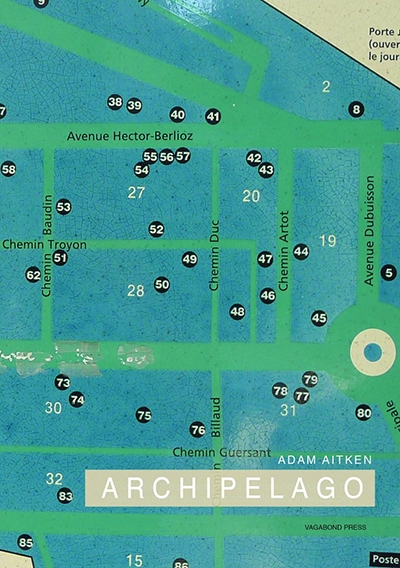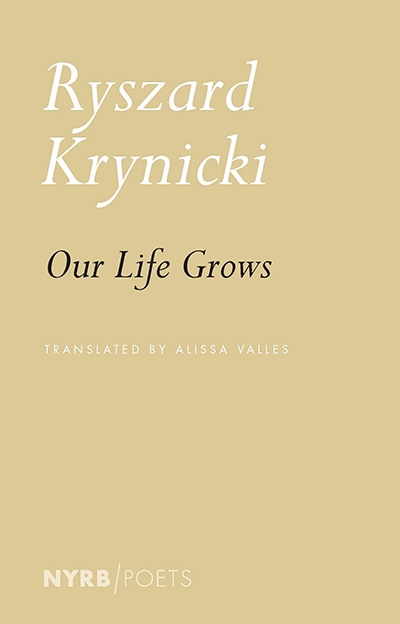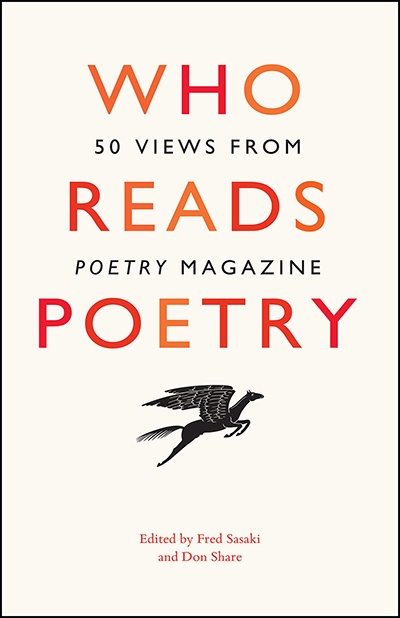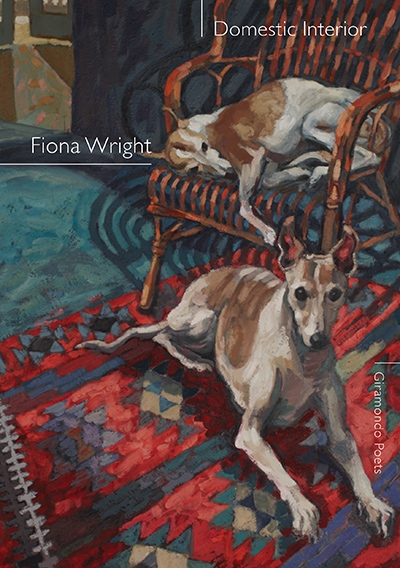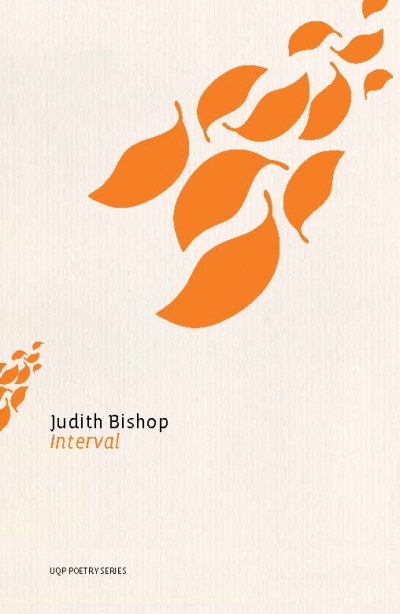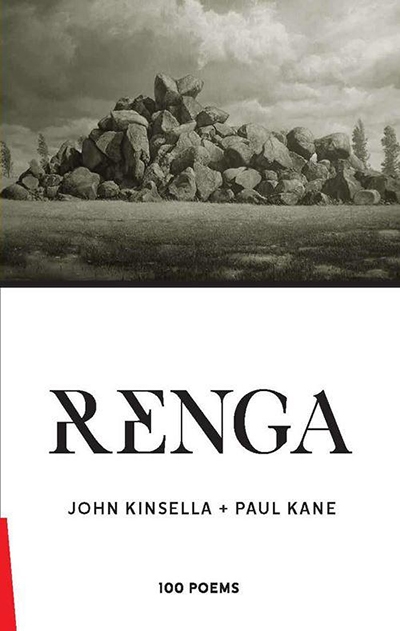Poetry
Hard Horizons by Geoff Page & The Left Hand Mirror by Ron Pretty
by Dennis Haskell •
Our Life Grows by by Ryszard Krynicki, translated by Alissa Valles
by Benjamin Ivry •
Who Reads Poetry: 50 views from Poetry Magazine edited by Fred Sasaki and Don Share
by David McCooey •
Domestic Interior by Fiona Wright & The Tiny Museums by Carolyn Abbs
by Joan Fleming •

